Geraldton Christian College is committed to providing education and care to children and young people to assist them to develop into resilient students who are positively connected to each other and to the communities in which they live and will serve.
Acknowledging our responsibility to God, the College is committed to ensuring the safety, welfare and wellbeing of all children and young people at the College. We are dedicated to protecting students from abuse and grooming by implementing robust policies and procedures to deter abuse and/or grooming and to facilitate detection and reporting at the College.
At Geraldton Christian College, we have a zero tolerance for child abuse and grooming. The College regards its child protection responsibilities with the utmost importance. As such we are committed to providing the necessary resources to ensure compliance with all relevant child protection laws and regulations and to maintain safe and supportive physical and online environments for all children and young people at the College.
Objectives
This Statement provides the framework for:
- The development of work systems, practices, policies and procedures that promote child protection, safety and wellbeing, deter inappropriate interactions and facilitate detection of abuse and grooming within the College;
- The creation of a safe and supportive College environment and a positive and robust child protection culture;
- The promotion and open discussion of child protection issues within the College; and
- Complying with all laws, regulations and standards relevant to child protection in WA.
Child-Safe Values & Principles
The following child-safe values and principles guide the College’s commitment to child safety and form the basis for all child protection policies and procedures at the College:
- All children have the right to be safe.
- The welfare and best interests of the child are paramount.
- The views of the child and their privacy must be respected.
- Clear expectations for appropriate behaviour with children are established in our Child Safety Code of Conduct and Staff and Student Professional Boundaries Policy.
- The safety of children is dependent upon the existence of a child-safe culture.
- Child safety awareness is promoted and openly discussed within our College community.
- Procedures are in place to screen all staff, direct contact volunteers, third party contractors and external education providers who have direct contact with children.
- Child safety and protection is everyone’s responsibility.
- Child protection training is mandatory for all Geraldton Community Christian Schools Association (GCCSA) Board members, staff members and direct contact volunteers.
- Procedures for responding to alleged or suspected incidents of child abuse and grooming are simple and accessible for all members of the College community.
- Procedures are in place to ensure all College premises are designed to ensure the safety of children.
Standards of Behaviour
The College demands the highest standards of behaviour for all stakeholders interacting with children and young people in our College environment. Our Child Safety Code of Conduct clearly outlines expected standards of behaviour and the consequences if stakeholders fail to meet the College’s expectations.
Responsibilities
The College acknowledges that child protection is everyone’s responsibility. At Geraldton Christian College all members of staff and the GCCSA Board, parents/guardians, volunteers (direct and indirect), external education providers and third party contractors have a shared responsibility for contributing to the safety and protection of children. Specific responsibilities for each group of the College community are further explained in the Who is Responsible for Child Protection section of our Child Protection Program.
Reporting Child Protection Concerns
Our Child Protection Program provides detailed guidance for all members of the College community on how to identify key risk indicators of child abuse and grooming and how to report child protection concerns to the Principal. It also contains detailed procedures with respect to the reporting of child abuse and grooming incidents to relevant external authorities.
Staff, third party contractors, external education providers, volunteers, students, parents/guardians and other community members who have concerns that a child may be subject to abuse or grooming are asked to contact the College’s Senior Child Protection Officer (the Deputy Principal Student Welfare), by phoning 9938 9100 or emailing cpo@gcc.wa.edu.au.
In accordance with the WA Registration Standards for Non-Government Schools, all breaches and suspected breaches of the College’s Child Protection Code of Conduct must be reported to the Department of Education by the GCCSA Board. The Principal or the Chair of the GCCSA Board must be told of the breach or suspected breach before a Department of Education report is made.
All communications will be treated confidentially on a ‘need to know basis’.
Whenever there are concerns that a child is in immediate danger the Police should be called on 000.
If you have any questions regarding the College’s Statement of Commitment to Child Safety, and how it applies to you, the College’s Child Protection Officers are available for advice. The College’s Senior Child Protection Officer (the Deputy Principal Student Welfare), can be contacted, by phoning 9938 9100 or emailing cpo@gcc.wa.edu.au.
Program Compliance and Review
Geraldton Christian College is committed to the continuous improvement of our Child Protection Program and to ensuring the College’s compliance with WA Child Protection Law and Regulation. The Program is reviewed annually and updated regularly for overall effectiveness, in light of experience and to ensure compliance with all child protection related laws, regulations and standards. For more information, refer to the Continuous Review & Improvement section of our Child Protection Program.
The College welcomes feedback at any time, which is received by the Student Support Team in the first instance.
Safe Schools Feedback Form (Click Here to submit feedback)


